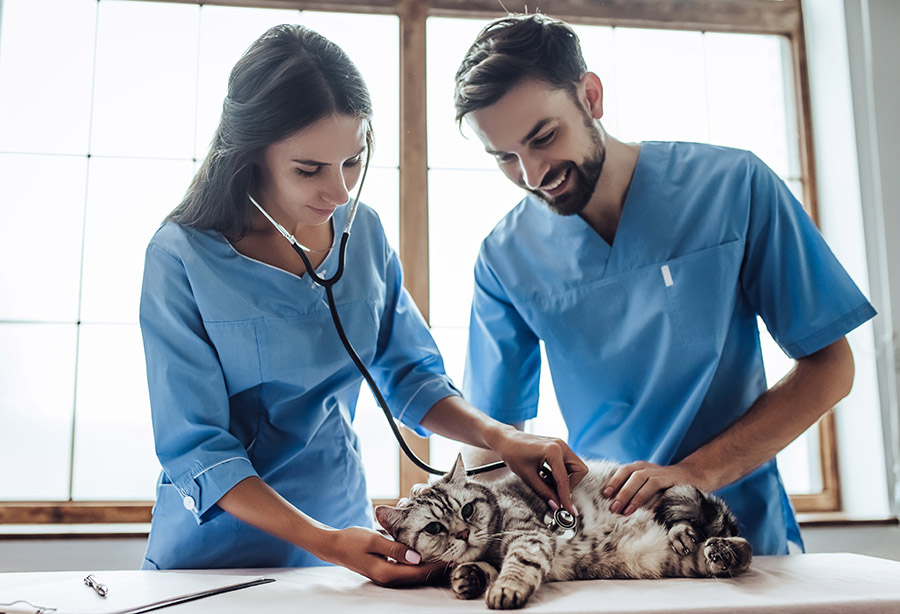Employability Edge Maximise Course-Relevant Experience The Importance Of Experience
The Importance Of Experience
- Future Students
- JCU Global Experience
- International Students
- Open Day
- How to apply
- Pathways to university
- Virtual Open Day
- Living on Campus
- Courses
- Publications
- Scholarships
- Parents and Partners
- JCU Heroes Programs
- Aboriginal and Torres Strait Islander in Marine Science
- Elite Athletes
- Defence
- Current Students
- New students
- JCU Orientation
- LearnJCU
- Placements
- CEE
- Unicare Centre and Unicampus Kids
- Graduation
- Off-Campus Students
- JCU Job Ready
- Safety and Wellbeing
- JCU Prizes
- Professional Experience Placement
- Employability Edge
- Art of Academic Writing
- Art of Academic Editing
- Careers and Employability
- Student Equity and Wellbeing
- Career Ready Plan
- Careers at JCU
- Partners and Community
- JCU-CSIRO Partnership
- Alumni
- About JCU
- Reputation and Experience
- Chancellery
- Governance
- Celebrating 50 Years
- Academy
- Indigenous Engagement
- Education Division
- Graduate Research School
- Research and Teaching
- Research Division
- Research and Innovation Services
- CASE
- College of Business, Law and Governance
- College of Healthcare Sciences
- College of Medicine and Dentistry
- College of Science and Engineering
- CPHMVS
- Anthropological Laboratory for Tropical Audiovisual Research (ALTAR)
- Anton Breinl Research Centre
- Agriculture Technology and Adoption Centre (AgTAC)
- Advanced Analytical Centre
- AMHHEC
- Aquaculture Solutions
- AusAsian Mental Health Research Group
- ARCSTA
- Area 61
- Lions Marine Research Trust
- Australian Tropical Herbarium
- Australian Quantum & Classical Transport Physics Group
- Boating and Diving
- Clinical Psychedelic Research Lab
- Centre for Tropical Biosecurity
- Centre for Tropical Bioinformatics and Molecular Biology
- CITBA
- CMT
- Centre for Disaster Solutions
- CSTFA
- Cyclone Testing Station
- The Centre for Disaster Studies
- Daintree Rainforest Observatory
- Fletcherview
- JCU Eduquarium
- JCU Turtle Health Research
- Language and Culture Research Centre
- MARF
- Orpheus
- TESS
- JCU Ideas Lab
- TARL
- eResearch
- Indigenous Education and Research Centre
- Estate
- Work Health and Safety
- Staff
- Discover Nature at JCU
- Cyber Security Hub
- Association of Australian University Secretaries
- Services and Resources Division
- Environmental Research Complex [ERC]
- Foundation for Australian Literary Studies
- Gender Equity Action and Research
- Give to JCU
- Indigenous Legal Needs Project
- Inherent Requirements
- IsoTropics Geochemistry Lab
- IT Services
- JCU Webinars
- JCU Events
- JCU Motorsports
- JCU Sport
- Library
- Mabo Decision: 30 years on
- Marine Geophysics Laboratory
- Office of the Vice Chancellor and President
- Outstanding Alumni
- Pharmacy Full Scope
- Planning for your future
- Policy
- PAHL
- Queensland Research Centre for Peripheral Vascular Disease
- Rapid Assessment Unit
- RDIM
- Researcher Development Portal
- Roderick Centre for Australian Literature and Creative Writing
- Contextual Science for Tropical Coastal Ecosystems
- State of the Tropics
- Strategic Procurement
- Student profiles
- SWIRLnet
- TREAD
- TropEco for Staff and Students
- TQ Maths Hub
- TUDLab
- VAVS Home
- WHOCC for Vector-borne & NTDs
- Media
- Copyright and Terms of Use
- Australian Institute of Tropical Health & Medicine
- Pay review
At JCU, your course may include an opportunity to take part in practical experiences and gain hands-on skills and valuable knowledge. These opportunities vary, depending on your area of study and the professional requirements of your degree. These may also go by different names depending on your course of study:
- clinical placements, clinical education, experiential learning, fieldwork, field trips, internships, legal placements, practicums, professional experience, professional industry experience, professional internships, professional placements, Prof.Ex, service learning, projects, simulations and virtual experience, vacation practice, and work-integrated-learning (WIL).
Virtual Internships

Virtual internships are becoming more common, and are a great way to get experience, hone your skills and broaden your networks. There are no geographical barriers, and you can often complete your work in a more flexible timeframe. Whilst you may not have the ability to ask quick questions or learn from observation, you will develop valuable skills in effective communication, self-motivation, problem solving, and being resourceful.
Forage offers five-six hour virtual programs to students, which is a great way to test whether this online format is right for you. You can also find virtual experiences on the Prosple website.
Insurance
JCU provides student insurance cover to enrolled students undertaking course placements that are a requirement of their program. In addition, JCU may cover enrolled students who wish to do work experience in their related field, but where it is not a course requirement.
An Application for Insurance Cover should be completed by students and approved prior to commencement of the work experience/placement.
Why is experience important?
You will gain insight into a typical day in your chosen profession and workplace expectations. On-the-job experience will help you to develop your applied skills and give you demonstrable examples of the key capabilities that employers are seeking in graduates.

Apart from enhancing your resume, here are seven reasons why you should gain course-relevant experience before you graduate.
- Get a graduate job faster - You are more likely to be successful in your graduate applications if you have relevant work experience. This work experience is highly regarded by recruiters, even if it is not listed as an essential criterion in the job advert.
- Deepen your knowledge and skills - By observing colleagues and asking them questions about what they do, you will have the opportunity to find out first-hand if the job and/or industry is right for you. You will also practice what you’ve learnt at university in a professional setting, which will consolidate your learning and give you a deeper understanding of your discipline. Even while observing, you are learning.
- Demonstrate passion and interest - Undertaking relevant experience shows the employer that you are motivated to get into a chosen career and that you’ve done your homework.
- Understand the world of work - It is a great way to gently introduce you to the world of work. You will learn what is and isn’t acceptable in the workplace, and how to navigate office politics.
- Gain transferable skills that employers want - It will help to strengthen your skills and may also highlight skills that you need to work on. Communication skills, teamwork, problem solving, motivation and time management are all transferable skills essential in the workplace and are highly valued by employers.
- Make great contacts - The industry contacts you make on your placement will be invaluable throughout your degree and after graduation, and they may even help you secure a full-time position with the organisation down the track. Many employers use placements as an opportunity to preview students for their graduate programs/future positions and often recruit interns.
- Gain a global perspective - Getting work experience overseas will help you stand out to employers – it will develop your global network, give you a greater awareness of the world, and will develop your intercultural skills. Some disciplines allow their professional experience placement to be undertaken in an overseas location, contact the Placement Coordinator for your discipline to find out more, and view the opportunities available via the JCU Global Experience Outbound Programs (exchange programs range from 2-6 weeks or 6-12 months).

